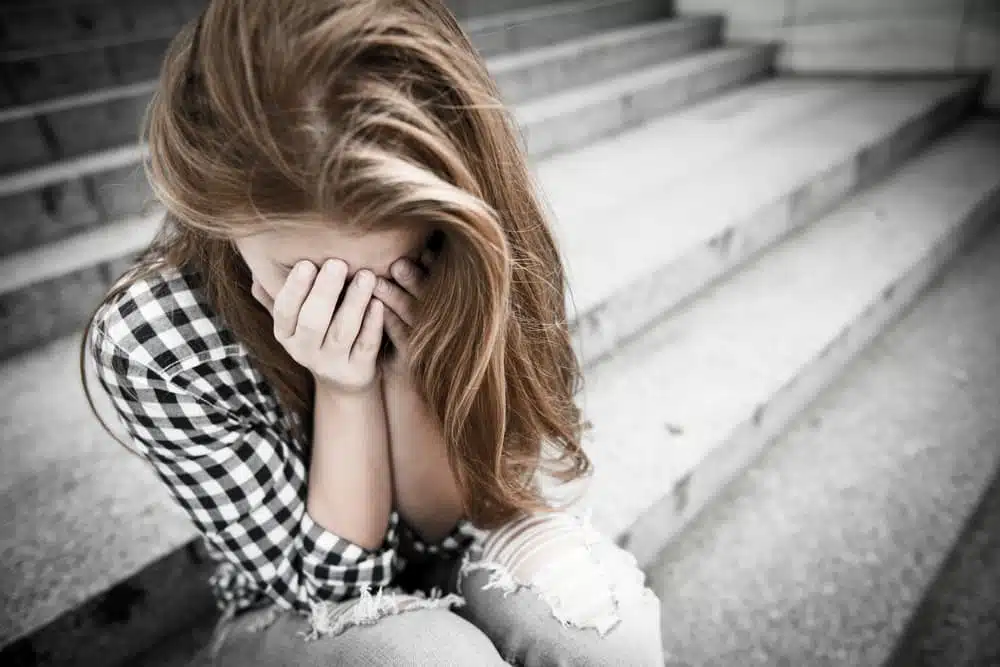The children’s commissioner for England has warned that “we really need to get to grips” with children’s mental health and wellbeing.

In Rachel de Souza’s Big Ask survey revealed 1 in 5 children were not happy with their mental health, and this rose to 2 in 5 for some groups.
While spending by the NHS on children’s mental health has increased by 4.4% since 2019/2020 in real terms, and has increased in each of the last four years, the children’s commissioner said there is still more to do.
“Some children are still waiting a long time for their treatment to begin, and many are still not accepted onto waiting lists,” said Dame de Souza. “Because of the pandemic, the challenge is also greater. Over the last two years, there has been a sharp increase in the number of children experiencing mental health problems. NHS surveys show that before the pandemic, in 2017, 1 in 9 children had a probable mental health disorder. That has now jumped to 1 in 6.”
The children’s commissioner also revealed that the number of children being referred to mental health services dropped in the year 2020/21, against a backdrop of increasing numbers pre-pandemic. While it is likely that even though more children have mental health problems, fewer were being referred to services during lockdowns because of disruptions caused by the pandemic.
The report reveals:
- Nationally, spending on specialist NHS mental health services for children has increased for the fourth consecutive year across the majority of Clinical Commissioning Groups.
- Half of CCGs spend at least 1% of their budget on CYPMHS.
- The number of referrals to NHS children’s mental health services has decreased for the first time in four years.
- One in six children have a probable mental health disorder, up from one in nine children with a probable mental health disorder in 2017.
- Progress has been made on waiting times and a reduction in the number of children and the number of children able to access treatment.
- For those children who are accepted into mental health treatment services, average waiting times have decreased from 43 days in 2019/20 to 32 days in 2020/21.
- However, over a third (37%) of children accepted onto waiting lists are still waiting for their treatment to begin.
“Numbers referred into services are likely to increase again in the coming years. The Health Secretary will be publishing a review later this year to explore how we can address this increased level of need and adopt a more preventive approach. This is extremely welcome. As a society we need to raise our level of ambition to support children’s mental health. This means schools and early years settings providing good support for all of their children. It means early support like Mental Health Support Teams in schools being extended across the country. It also means a continued push to increase access to NHS services,” said Dame Rachel de Souza.
“I look forward to working across government and with schools and other key partners to ensure that we, as adults, come together to help our children stay mentally healthy and get the right help, in the right place, at the right time,” she concluded.

